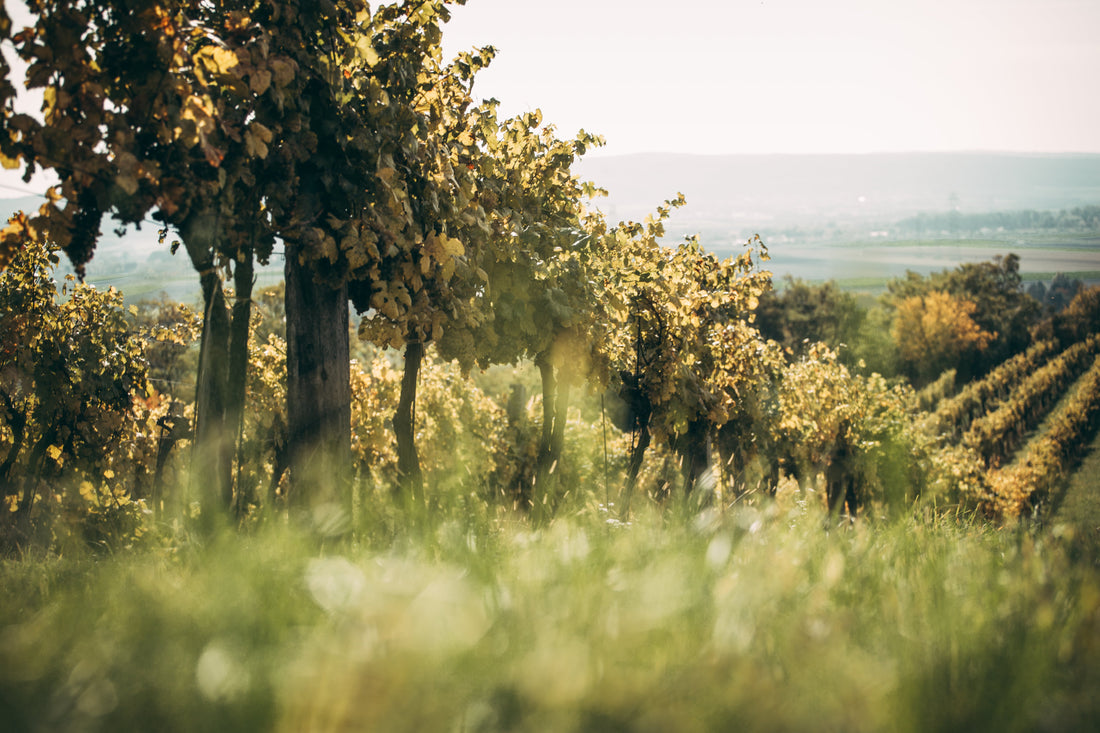A Brief History of Burgenland Wine
Burgenland, located in eastern Austria, is one of the country’s most diverse wine regions, known for both red and white wines. With a winemaking history dating back to Celtic and Roman times, Burgenland’s modern reputation was established through sweet wines from Lake Neusiedl and high-quality Blaufränkisch-based reds.
Common Grapes Grown in Burgenland
- Blaufränkisch – The region’s flagship red grape, offering dark berry flavors, spice, and firm tannins.
- Zweigelt – Austria’s most widely planted red, known for juicy red fruit and a velvety texture.
- St. Laurent – A Pinot Noir-like grape, producing elegant, aromatic wines.
- Grüner Veltliner – A crisp white variety with citrus, white pepper, and minerality.
- Welschriesling – Used in the sweet wines of Neusiedlersee, with honeyed, botrytized notes.
Winemaking Techniques in Burgenland
- Sweet wine production (Trockenbeerenauslese) – Botrytized Welschriesling and Chardonnay create some of the world’s best dessert wines.
- Extended oak aging – High-end Blaufränkisch and St. Laurent wines develop complexity through barrel aging.
- Natural and biodynamic winemaking – Many producers focus on low-intervention techniques.
Food Pairings with Burgenland Wines
- Blaufränkisch – Pairs well with goulash, roast duck, and barbecued meats.
- Zweigelt – Complements charcuterie, soft cheeses, and mushroom dishes.
- Grüner Veltliner – Ideal with Austrian schnitzel, asparagus, and seafood.
- Neusiedlersee sweet wines – Perfect with foie gras, blue cheese, and fruit-based desserts.
Burgenland’s diverse microclimates and innovative winemaking make it one of Austria’s most exciting wine regions, offering everything from bold reds to world-class dessert wines.

